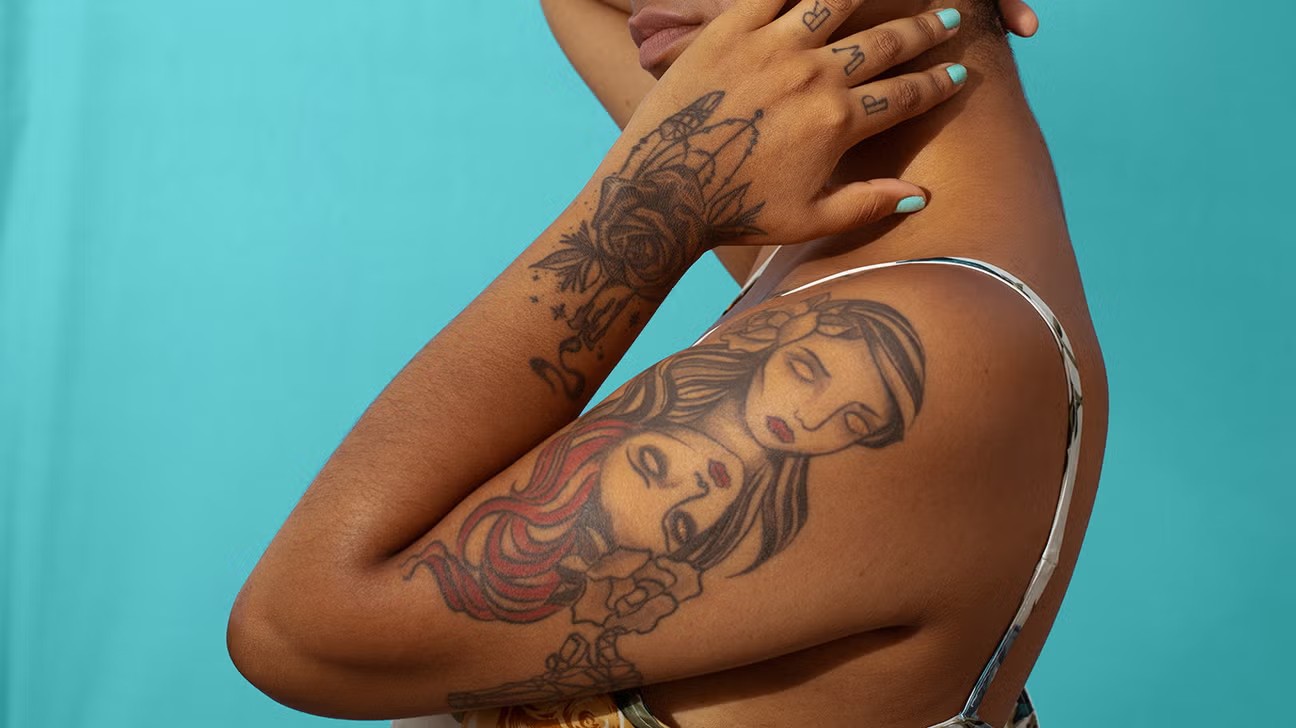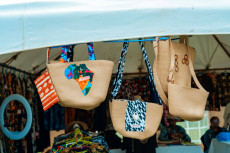- From henna to piercings, to tribal marks, humans have been using their bodies as canvases of expression for generations.
- In Kenya today, many people view tattoos as intensely personal stories inscribed on their skin, rather than merely edgy fashion statements.
From henna to piercings, to tribal marks, humans have been using their bodies as canvases of expression for generations. In Kenya today, many people view tattoos as intensely personal stories inscribed on their skin, rather than merely edgy fashion statements.
Words alone could never express the significance, memory, or milestone that each inked line has.
Consider the young woman in Nairobi who wears a tiny butterfly around her wrist as a representation of her recovery from depression. Or the father who, every day, carried his late daughter near to his heart by inking her name across his chest.
Others view tattoos as a means of regaining their identity, whether it be through religious messages, traditional African symbols, or straightforward terms like "strength" that act as daily reminders, or even one particular term that is gaining traction with the youth, "sonder" which refers to the realization that every person has a life as complex and vivid as your own.
What makes tattoos so compelling is that they are both private and public at the same time. They are intensely personal stories that, once inked, become visible to the world. People often ask about them, sometimes judge them, but always react to them. In a way, tattoos are conversations that never quite end.
Read More
Kenya’s attitude toward tattoos has shifted dramatically. Once considered rebellious or taboo, especially in conservative households, tattoos have now moved into the mainstream. It’s not unusual to see professionals, students, and even parents proudly wearing ink.
Social media has played a big role in this normalization, with influencers and celebrities flaunting their tattoos openly.
Yet, tattoos still carry a sense of defiance. They challenge cultural expectations, force conversations about self-expression, and push back against stereotypes. They say, “This is who I am, and I choose to show it.”
That act alone makes them powerful markers of individuality in a world that often pressures people to conform.
In the end, tattoos are more than decoration. They are maps of life experiences like joys, losses, battles, and victories. Skin becomes a diary, written in ink instead of words. And for many Kenyans, that diary tells a story not just of rebellion, but of resilience, beauty, and identity.




-1772457721-md.png)




-1772457721-sm.png)

